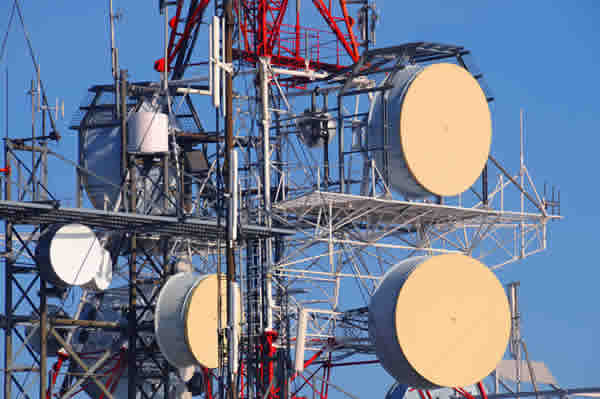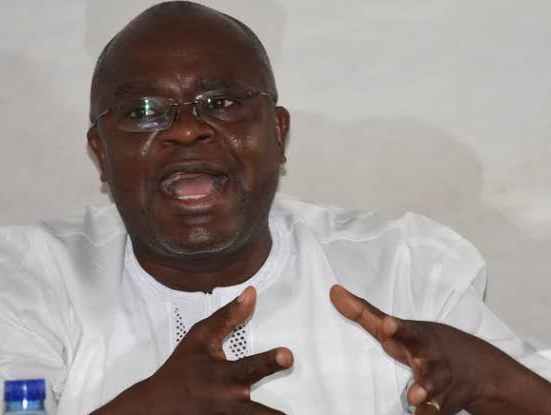Nigeria’s telecommunications industry suffered 33 major network outages in May 2025, as widespread vandalism, fibre-optic cable cuts, and persistent power supply issues continue to disrupt services across the country.
Data obtained from Uptime, the Nigerian Communications Commission’s (NCC) official outage reporting portal, revealed that all four major operators – MTN, Airtel, Globacom, and 9mobile, were affected during the month. Millions of subscribers experienced dropped calls, poor service quality, and widespread internet disruptions in both urban and rural areas.
Globacom and 9mobile recorded the highest number of incidents, with 13 and 11 outages respectively. Globacom’s service interruptions were largely due to fibre cuts and power challenges in key states like Lagos, Rivers, Ogun, and the Federal Capital Territory. 9mobile, on the other hand, reported multiple power-related failures and technical issues that disrupted operations in its service areas.
MTN, the country’s largest operator, reported five outages caused by fibre damage in Benue, Imo, and Akwa Ibom states. Airtel experienced four disruptions, citing vandalism and power failures in Bayelsa and Abia states as the root causes.
According to industry estimates, each of these outages costs operators millions of naira. Bloomberg reported that the sector lost approximately ₦27 billion in 2023 alone due to repair costs and revenue losses linked to damaged fibre infrastructure. The figures for 2025 are expected to rise, given the continued trend of infrastructure sabotage.
Earlier this year, the NCC’s Executive Vice Chairman, Aminu Maida, disclosed that the sector recorded over 50,000 fibre cuts in 2024, with about 30,000 of them resulting from road construction by federal and state agencies. Lagos alone accounted for over 2,500 incidents in 2023, with losses estimated at around ₦5 billion.
Industry stakeholders are sounding the alarm on the vulnerability of telecom infrastructure, particularly in areas where construction activities are poorly coordinated and where security remains weak. They stress that the operational and financial toll of these incidents is mounting, as each outage often demands extensive and expensive restoration efforts.
MTN Nigeria’s Chief Corporate Services and Sustainability Officer, Tobechukwu Okigbo, speaking at a recent stakeholder engagement in Lagos, lamented the rising cost of service disruptions. He emphasized that repeated fibre cuts, power failures, and vandalism not only impact users but also severely affect operators’ revenue streams. His concerns were echoed by Jude Ighomena, Senior Manager at Broadbased Communications, who told participants at the Policy Implementation Assisted Forum in March that infrastructure sabotage continues to cause widespread service disruptions and heavy financial losses. “Over 2,500 fibre cuts were recorded in Lagos last year alone,” he noted.
In a bid to curb the crisis, President Bola Ahmed Tinubu on June 24, 2024, signed the ‘Designation and Protection of Critical National Information Infrastructure Order, 2024,’ which classifies certain ICT systems and networks as critical national assets requiring enhanced protection.
Telecom operators are now advocating for the establishment of a Fibre Protection Framework. Such a framework would centralize oversight, enable real-time monitoring, and enforce stringent penalties for individuals or entities responsible for damaging fibre infrastructure.
As the demand for digital connectivity continues to rise, the industry warns that without immediate and coordinated action, Nigeria’s digital economy risks being undermined by preventable and costly disruptions.


